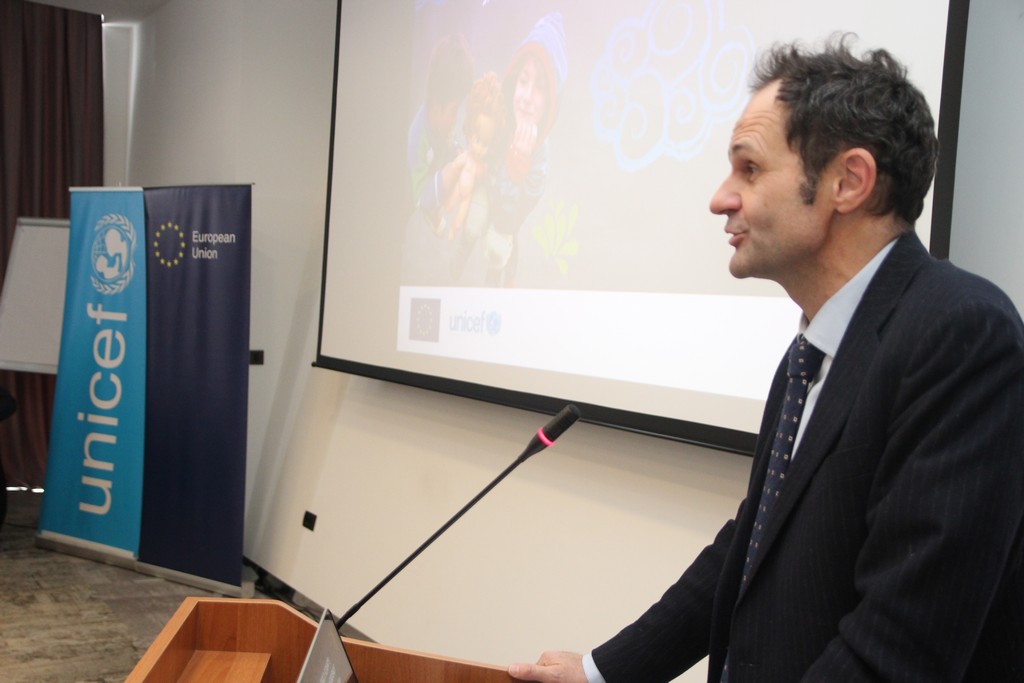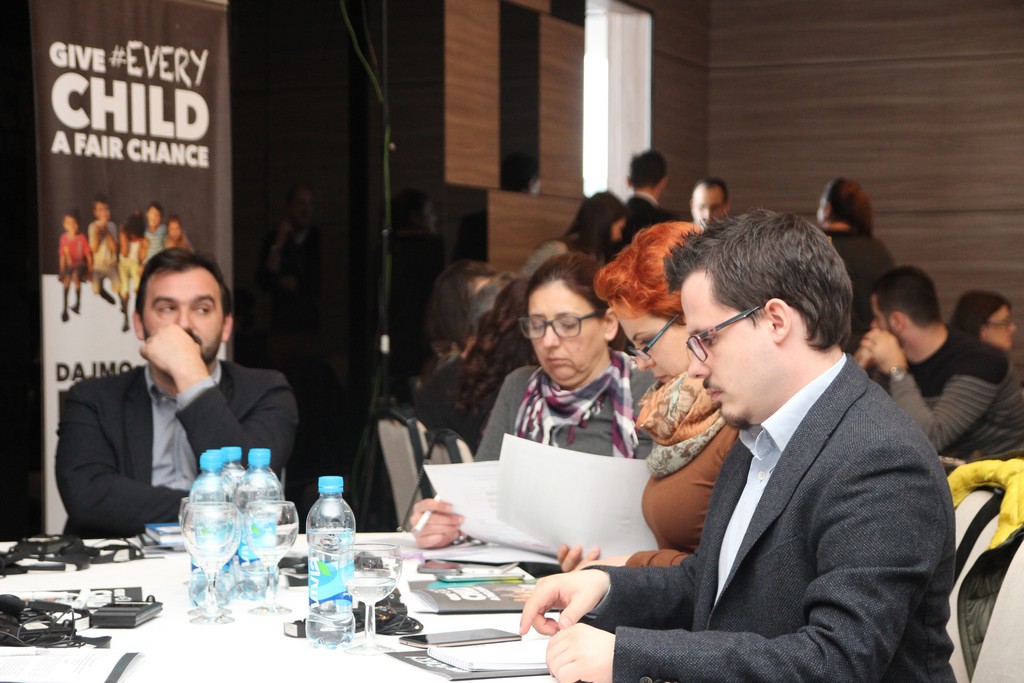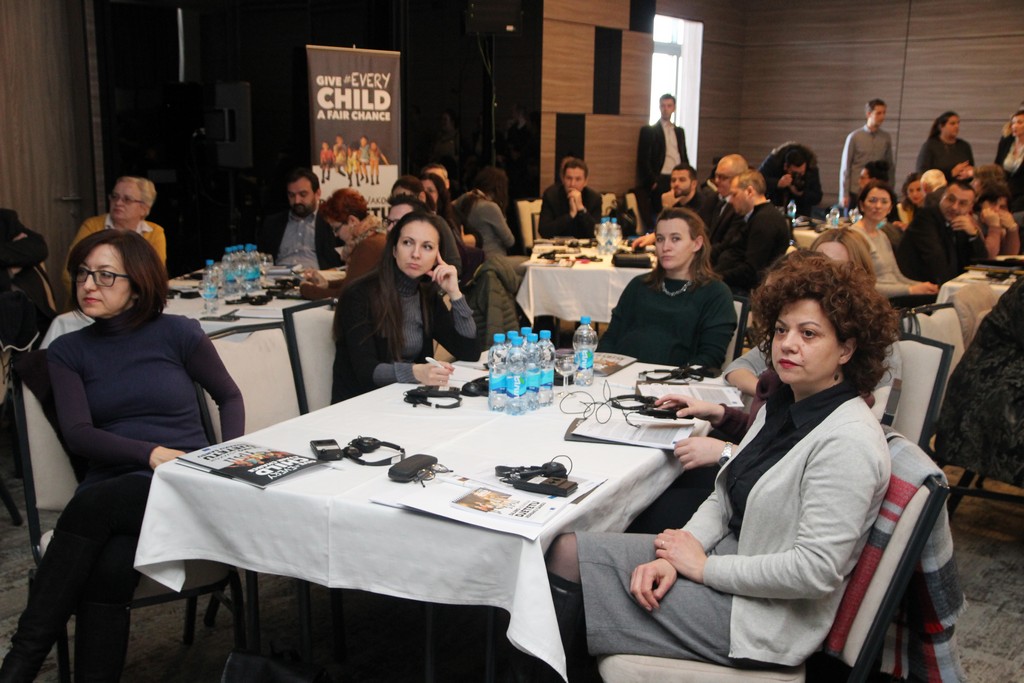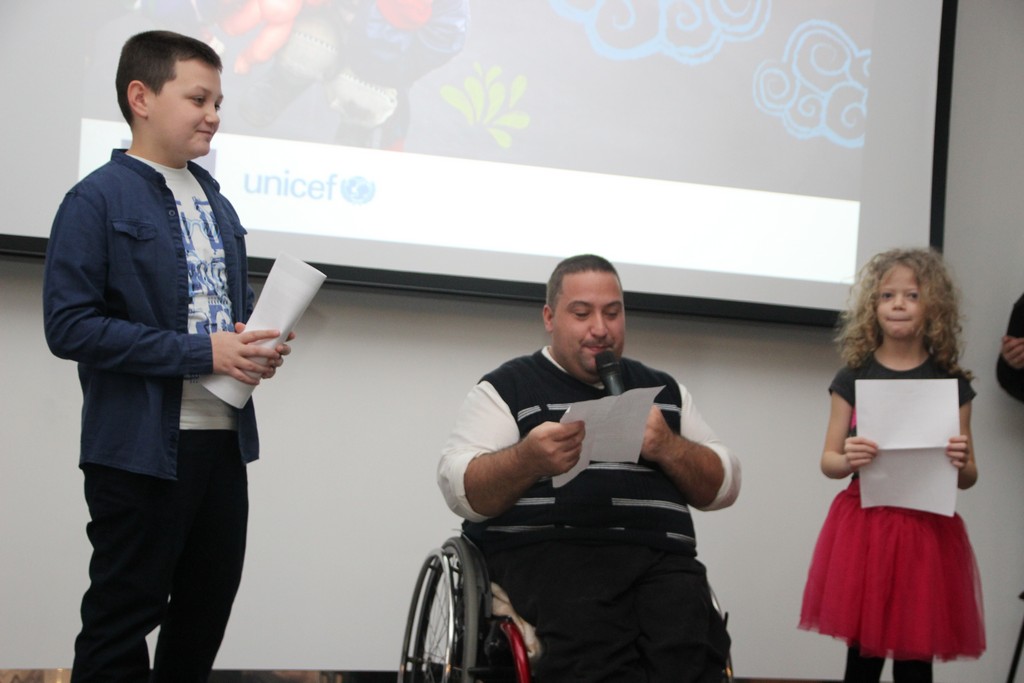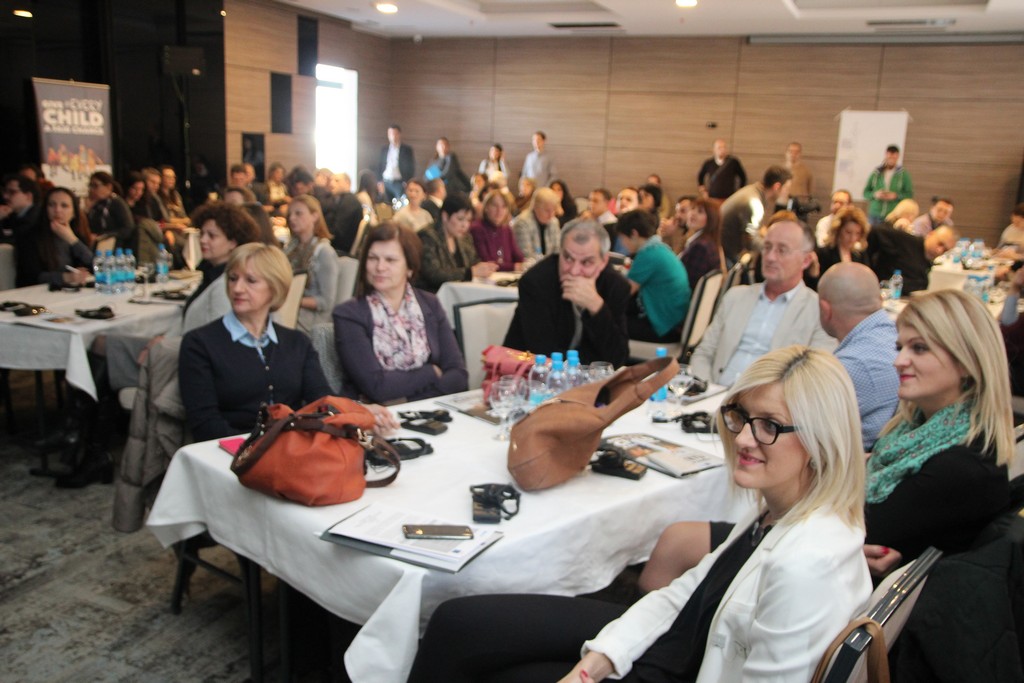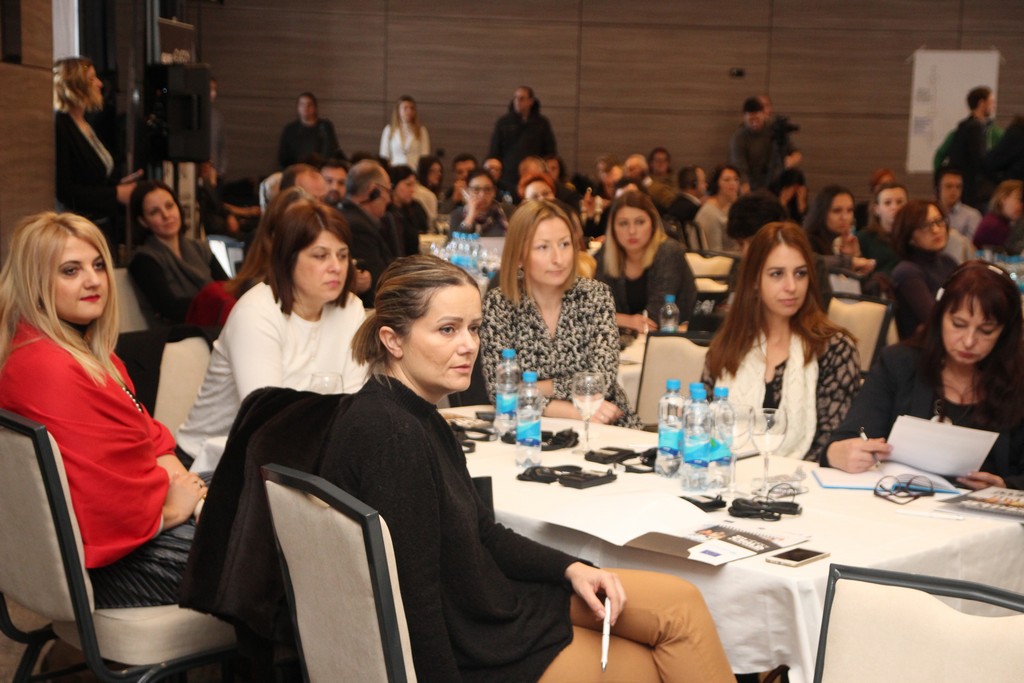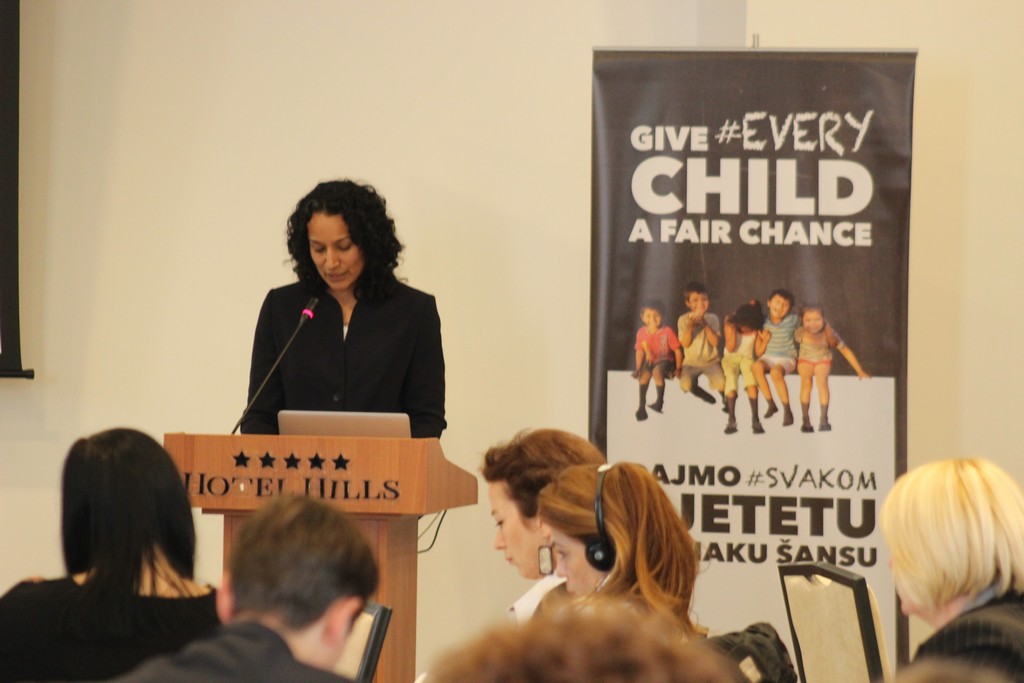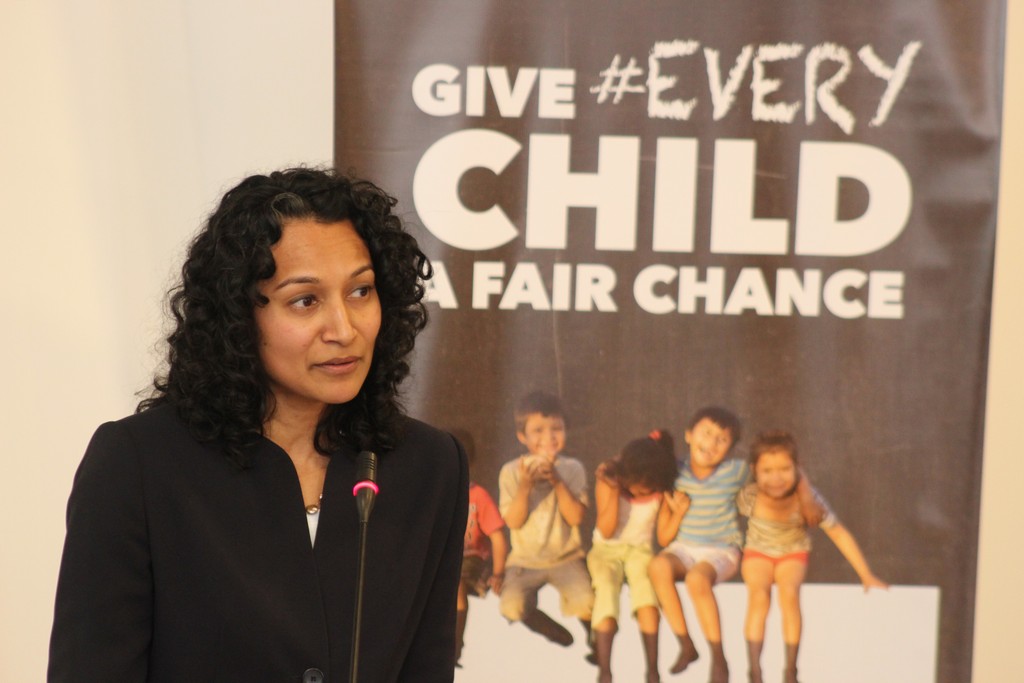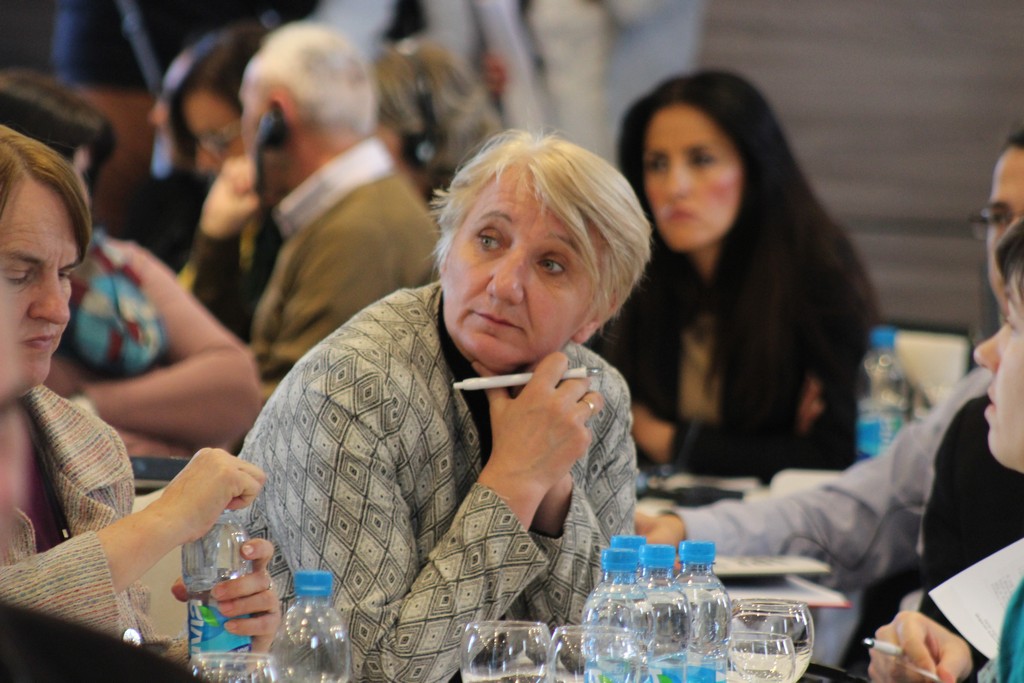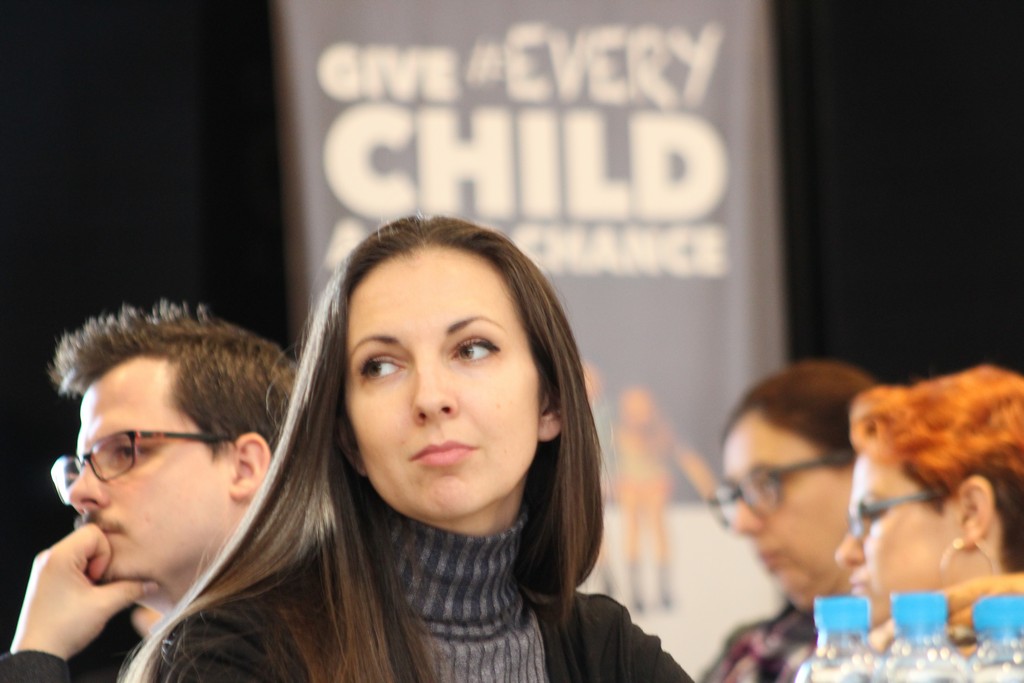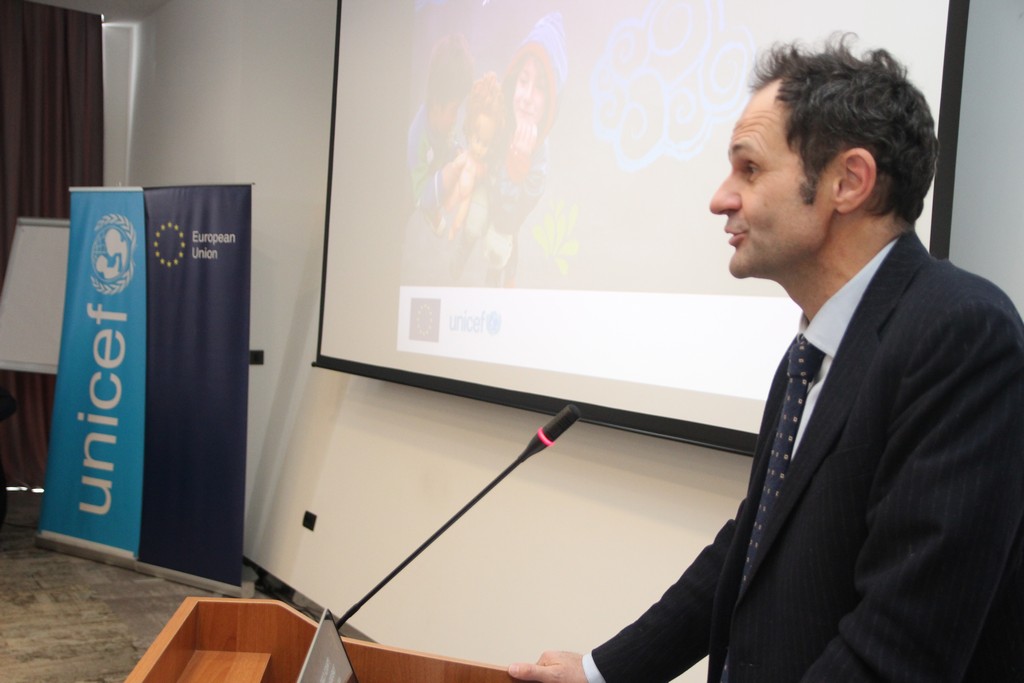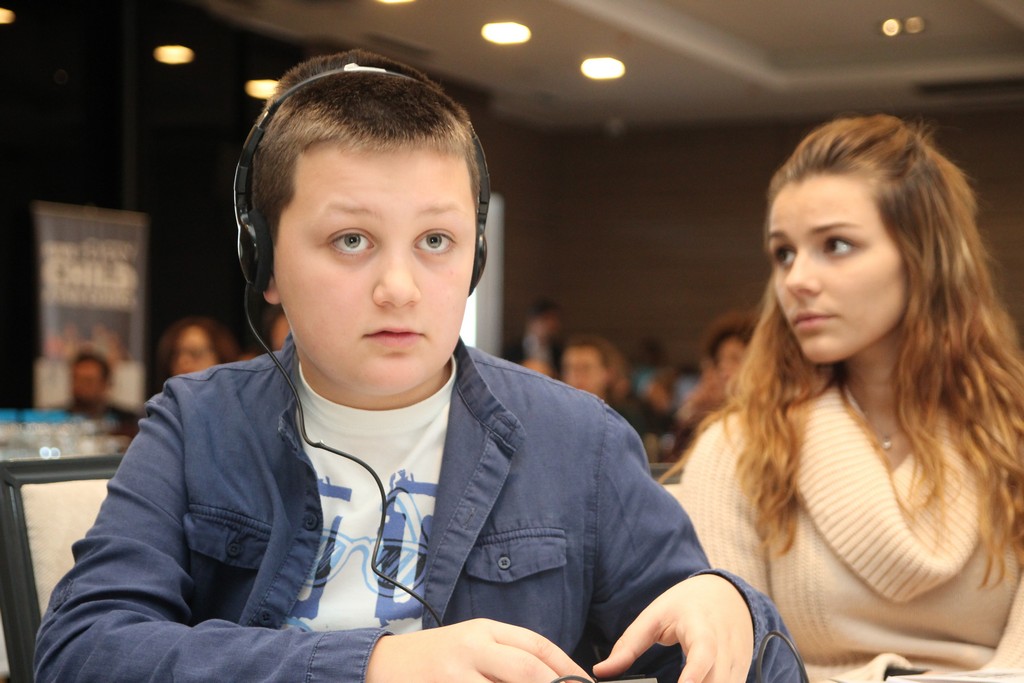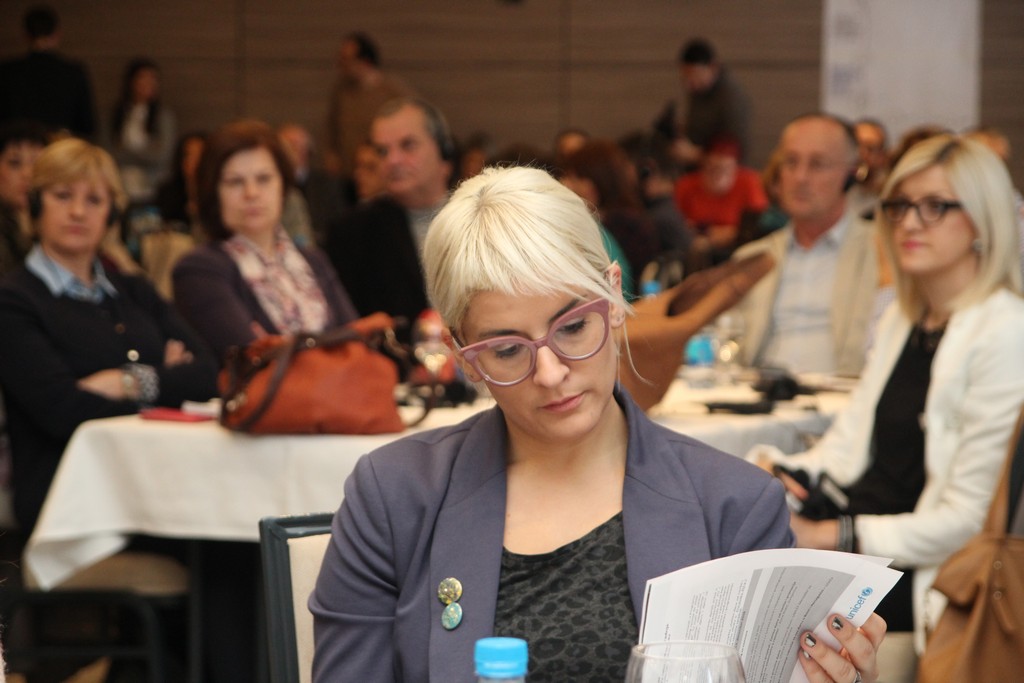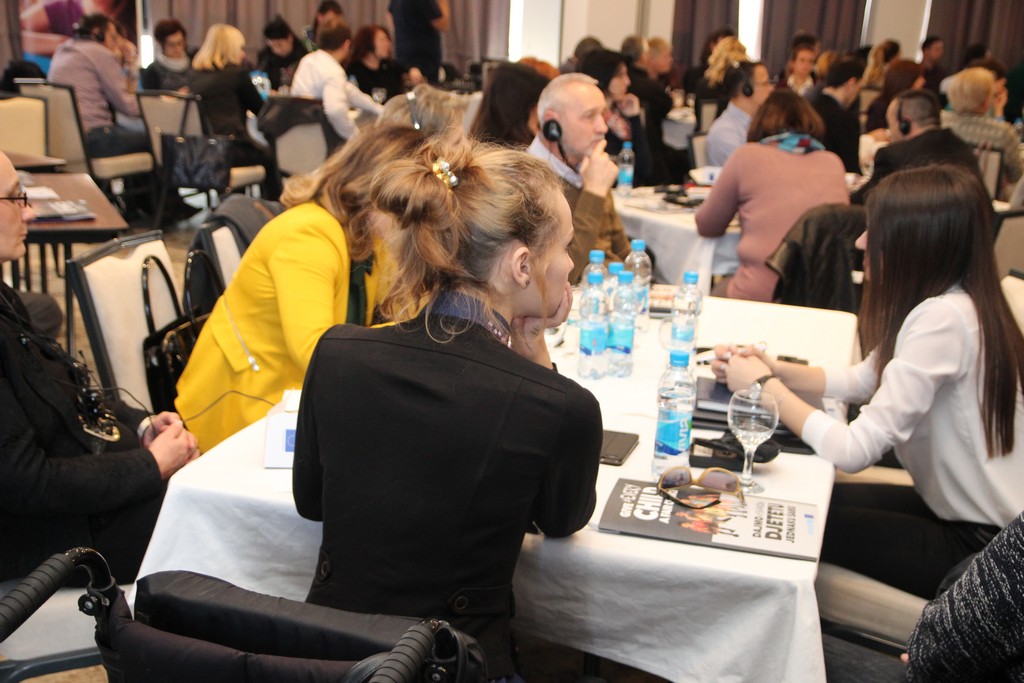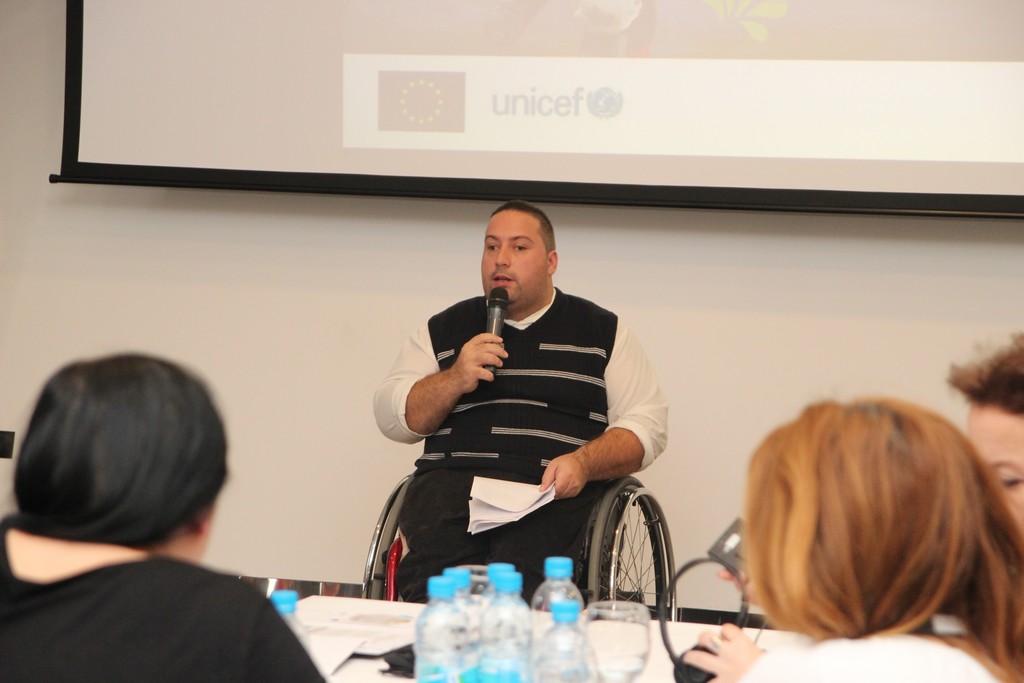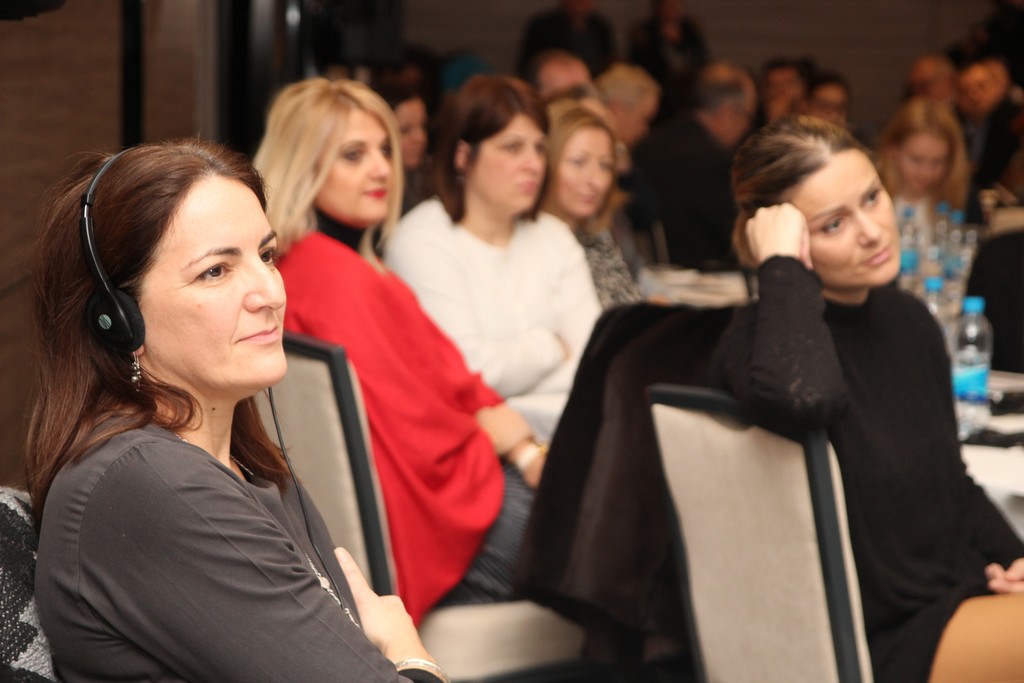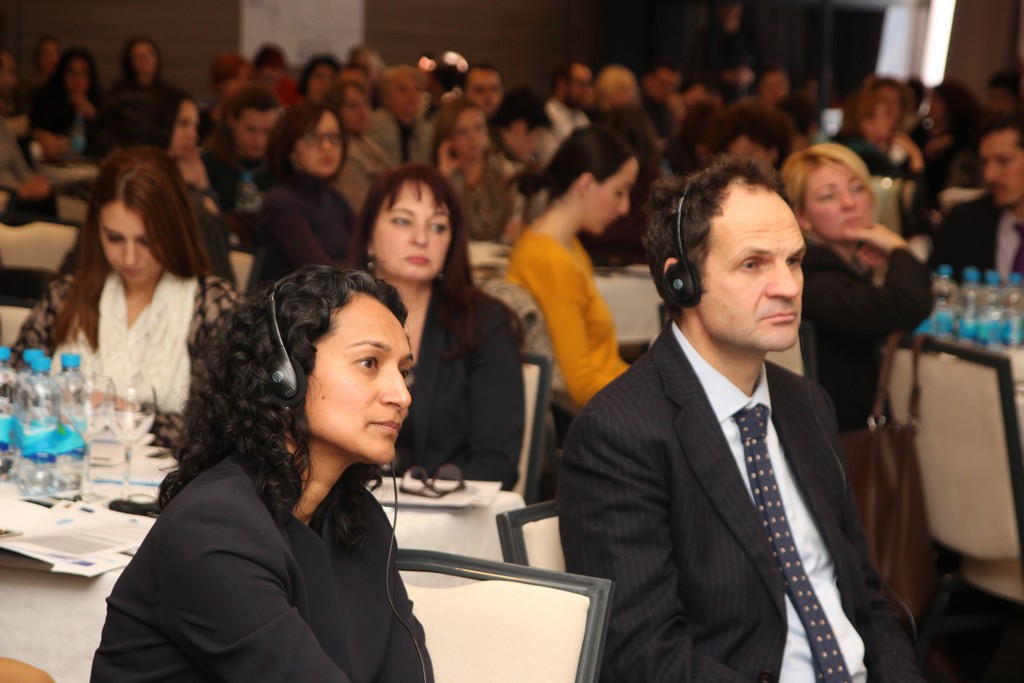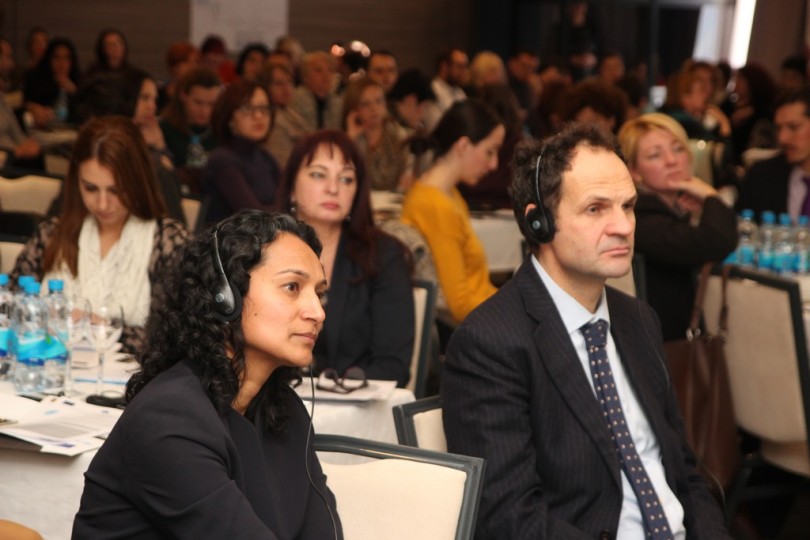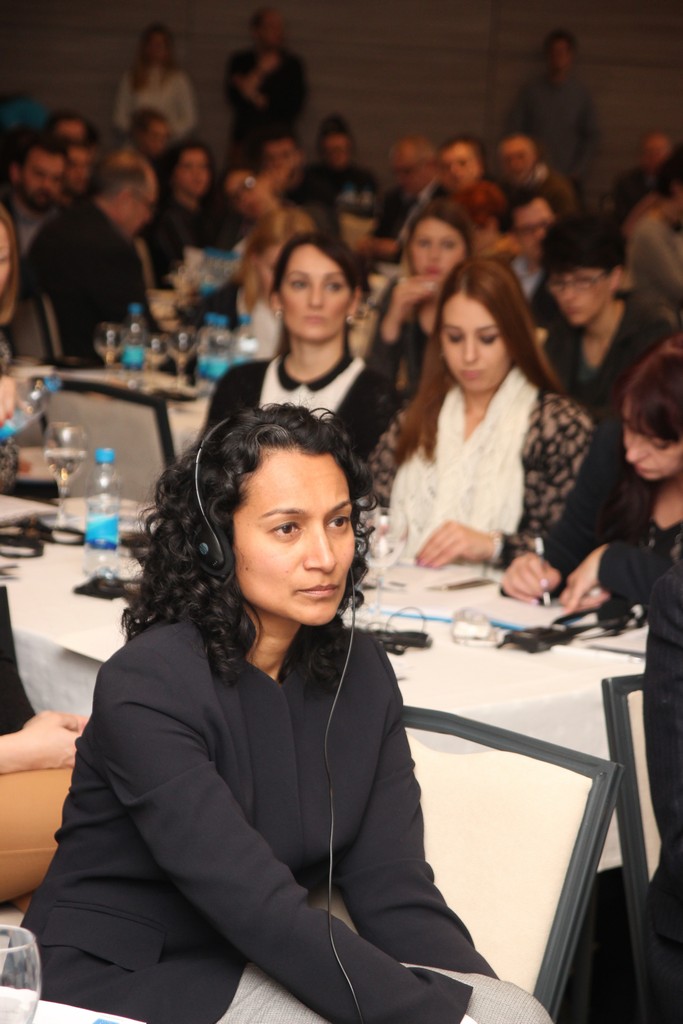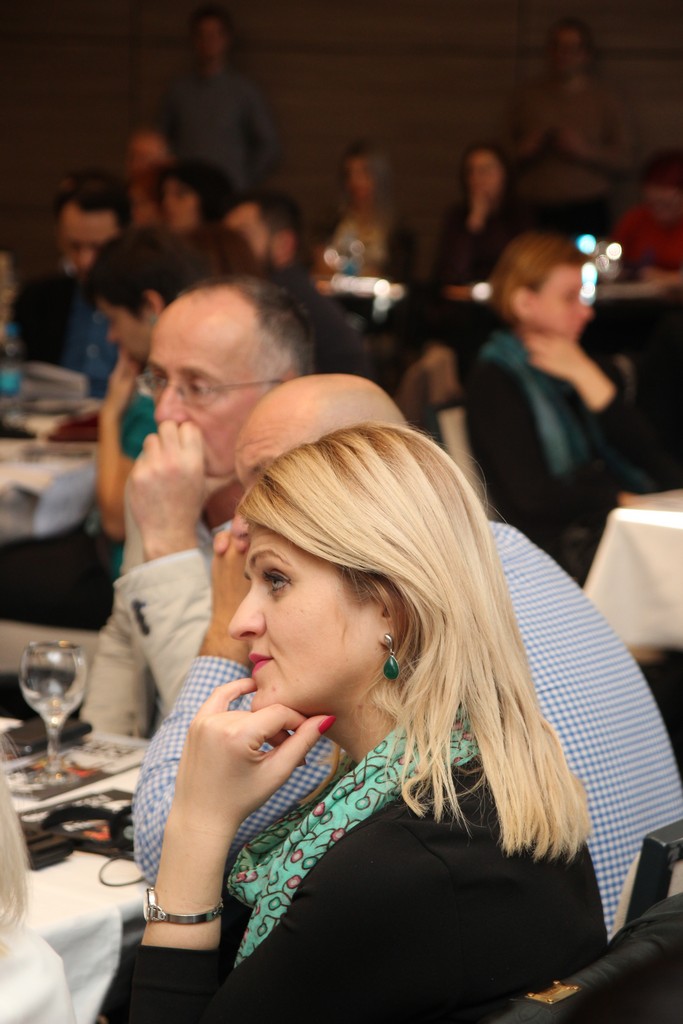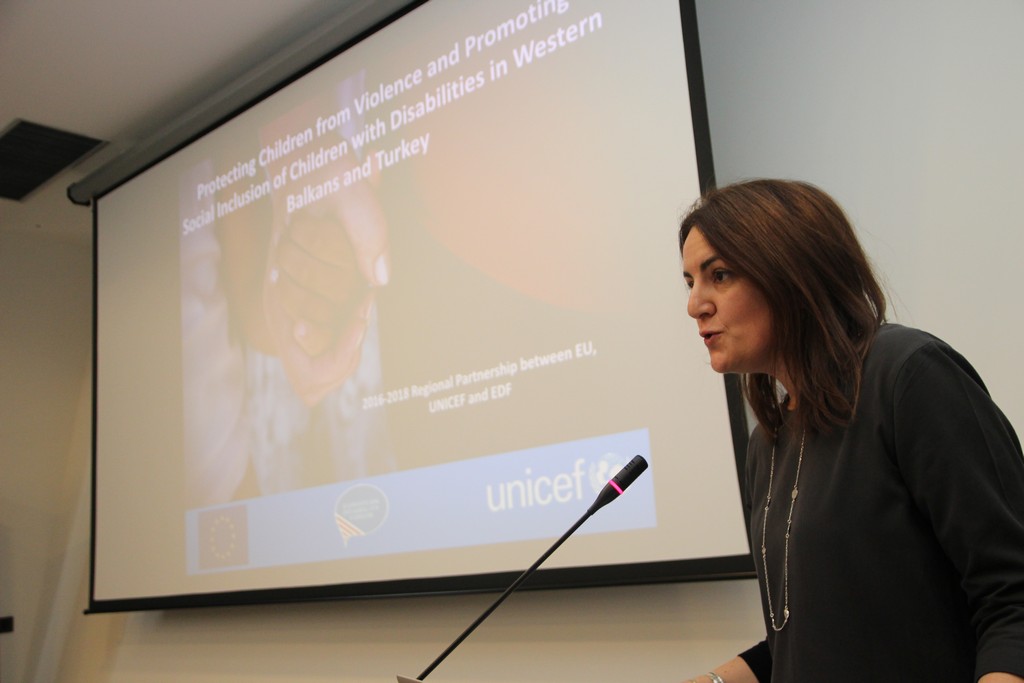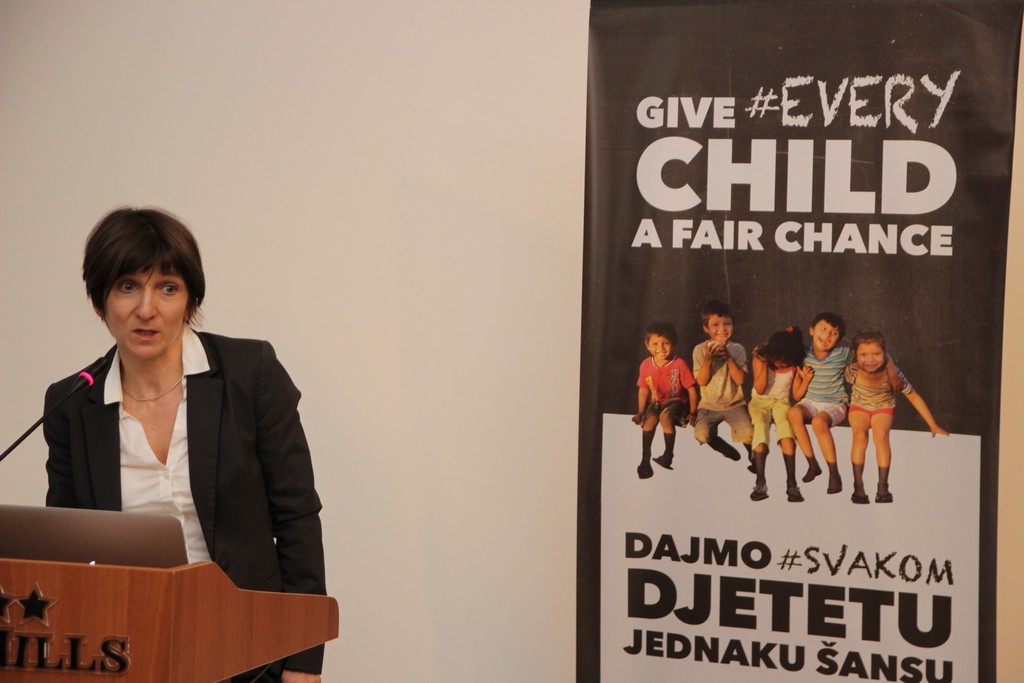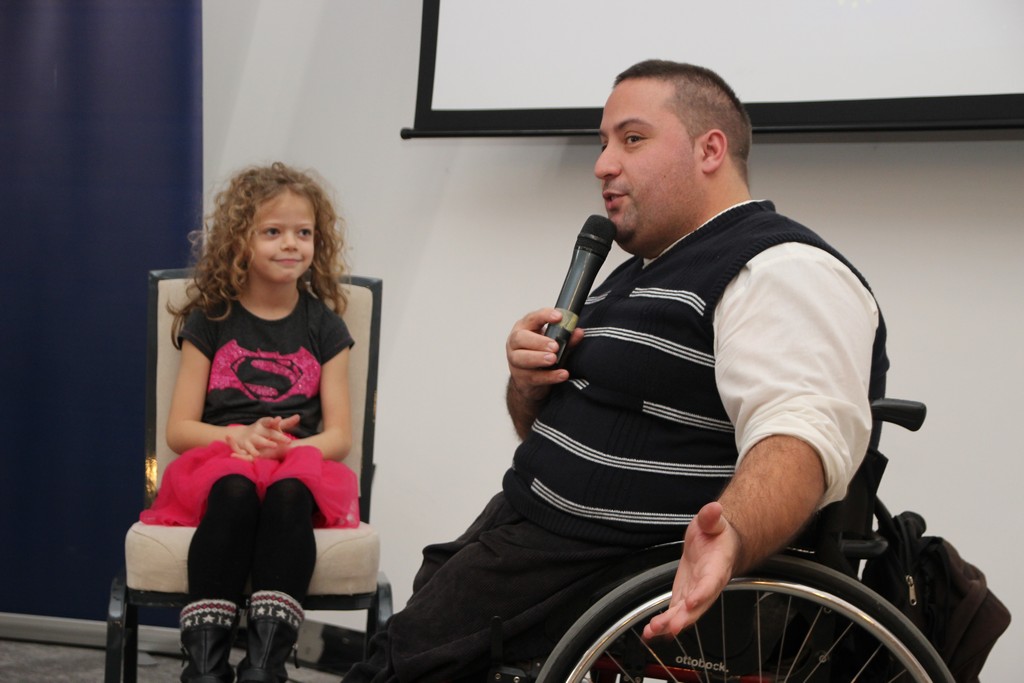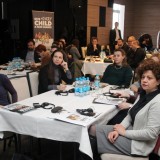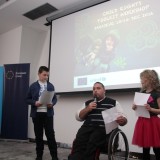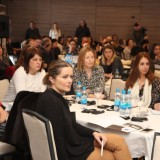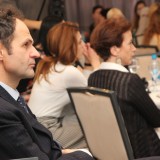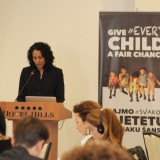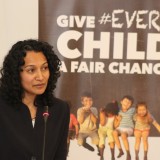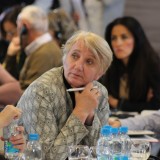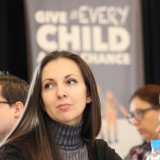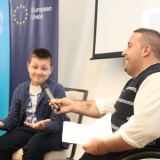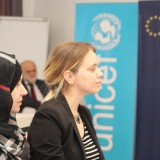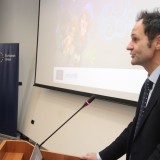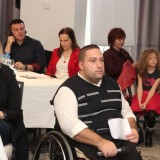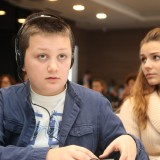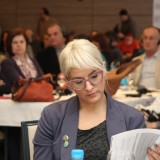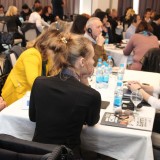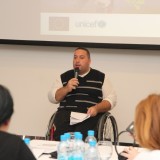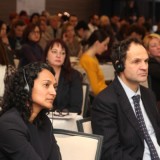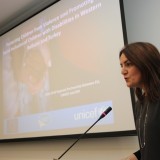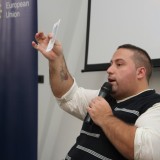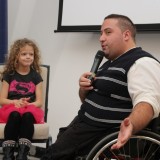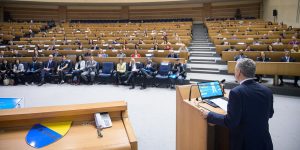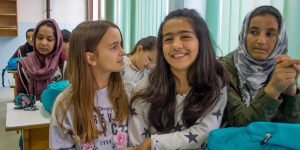SARAJEVO, 13 December 2016 – The European Union (EU) and UNICEF have launched an important regional partnership that aims to protect children from violence and better include children with disabilities into society. This event is part of a series of events marking UNICEF’s 70th Anniversary this year.
Since 2011, UNICEF and the EU have been working together with countries currently in the process of joining the EU, such as Albania, Bosnia and Herzegovina, Serbia and Turkey to better protect the rights of children.
Violence is a daily reality for thousands of children across south-eastern Europe. Data** shows that more than 50 per cent of boys and girls aged 2-14 (and in some countries, more than 70 per cent) were exposed to at least one form of physical or psychological severe punishment by family members. Many children still find it extremely difficult to speak to outsiders when violence occurs within the family, let alone to seek protection and redress.
The situation of children with disabilities is equally complicated: they are often separated from their families, overrepresented in residential institutions, kept out of schools and are excluded from every day public life. They face prejudice, stigma and severe discrimination. Many are “invisible” – they are not represented in official data. They are also nearly four times more likely to experience violence than children without disabilities.
The EU and UNICEF will launch their regional project and stress the importance of investing in children by hosting a technical workshop where participants will acquire new skills on how to advocate more effectively for each and every child to be protected from all forms of violence and to be an equal member of society. They will also commit to follow up actions to be taken after the workshop.
UNICEF Representative Geeta Narayan said: “Children and young people are integral to achieving the Sustainable Development Goals and to advance the 2030 Agenda. The objective of this event is to encourage all actors to promote the rights and well-being of children in their work across all development sectors. Marking the 70th anniversary of UNICEF we must remember that despite impressive progress in almost all countries, many children are still being left behind. They are being left behind because of their gender, race, religion, ethnic group or disability; because they live in poverty or in hard-to-reach communities; or simply because they are children. We must recommit ourselves to the goal of seeing all children treated fairly and living free from discrimination and inequality.”
The partnership will contribute to improving coordination for multi-sectoral responses to violence against children to strengthen the overall quality and coverage of these services. Key professionals will get better data, innovative tools, knowledge and the mechanisms to prevent or respond to violence, abuse and neglect and to narrow the social distance between children with and without disabilities.
Disability Persons Organizations including children with disabilities themselves will be supported by the project to play a more vocal and active role in monitoring and influencing policies equal rights and social inclusion of children with disabilities.
“The European Union in Bosnia and Herzegovina regards as a matter of priority the all-inclusive promotion and protection of all rights of the child supporting the country on its path to the European integration. We are looking forward to improved capacities of all stakeholders to implement legislation, policies and programmes in an effective, equitable, and sustainable manner for the wellbeing of all children in the society as future European citizens,” said on this occasion Massimo Mina, Head of Operations Section for Social Development, Civil Society and Cross Border Cooperation, in the Delegation of the EU in BiH.
** Source: UNICEF Multiple Indicator Cluster Survey (MICS) reports, Serbia (2010); MICS Report on Roma Settlements in Serbia (2010); MICS reports, Albania, Bosnia and Herzegovina, the former Yugoslav Republic of Macedonia, Serbia (2005-2006): at http://mics.unicef.org/

